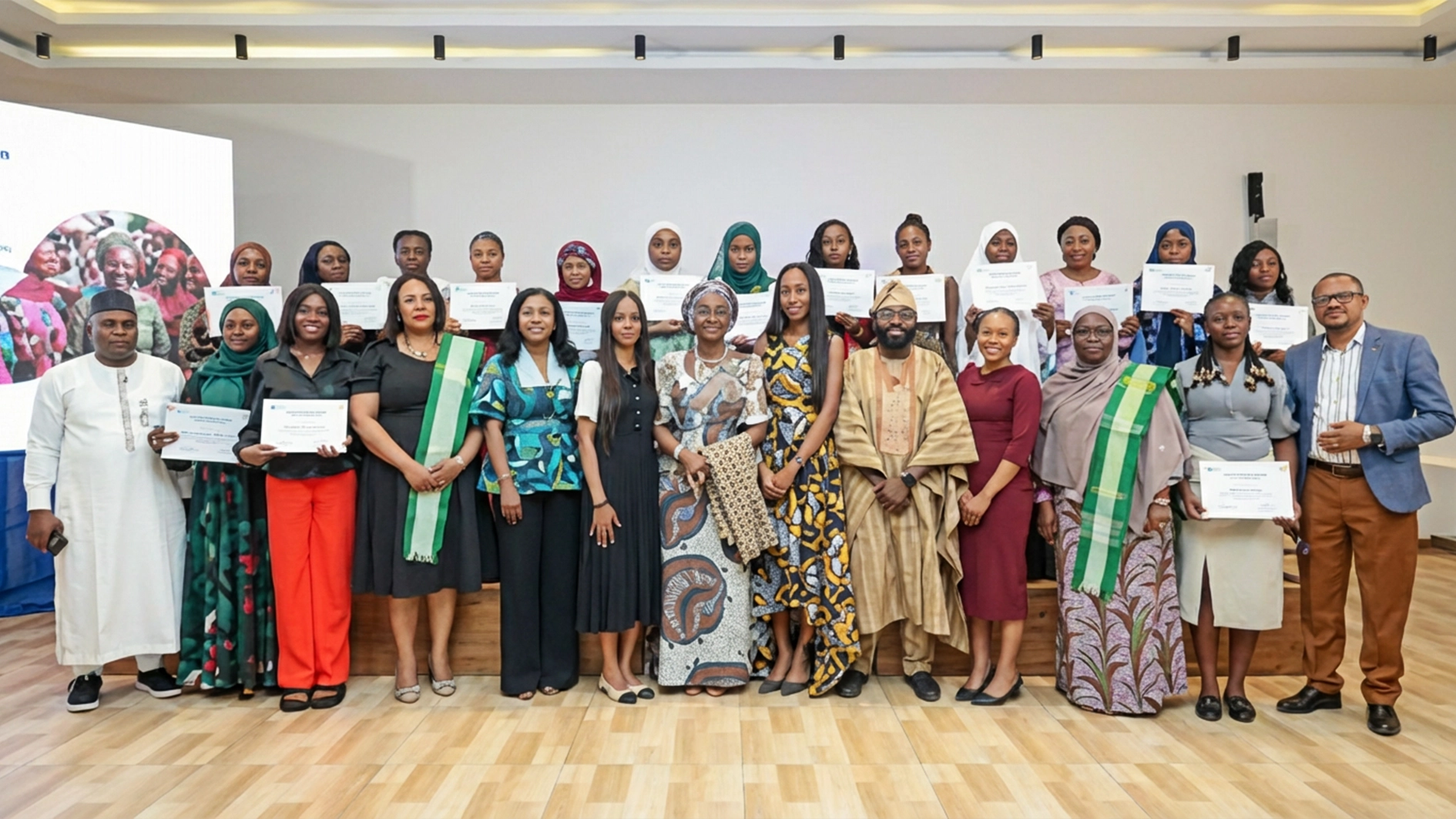As part of effort aimed at preventing the spread of Human Immuno-deficiency Virus (HIV) and raising awareness, Head of Communication and External Affairs, the (NiBUCAA), Mojola Aturamu, has stressed the need for Nigerians to embrace HIV self-test.
Speaking at a capacity building for journalists in Lagos recently, she disclosed that there are about 1.9 million people living with HIV in Nigeria, hence the self-test is a good initiative because it enables people to conduct and interpret the test at their convenience. She further stated that if the interpretation of the test result reads reactive, there is still a need for a confirmatory test at a facility.
“NiBUCAA is partnering with the International Labour Organisation (ILO) on this project. We are focusing on the private sector and have taken this initiative to them; we have educated them on HIV self-testing and how to use the kits. We have also distributed over 2,000 HIV self-test kits to different private organizations in Nigeria,” she said.
In her presentation, Senior Programmes and Evaluation Officer, NiBUCAA, Damilola Araoye, disclosed that according to Joint United Nations programme on AIDS (UNAIDS) 2018 data, it was reported that about 53,000 AIDS-related deaths have occurred in the country.
Speaking on “HIV Self Testing for the Corporate Workforce,” she further disclosed that the prevalence of HIV among adults aged 15 to 64 years was 1.5 per cent compared to 2016 where it was 2.6 per cent. Like COVID 19, she said there is a need to continue the fight against HIV/AIDS. She also spoke on myths surrounding the test kit. Speaking on advantages, she said the test kit is 99 per cent reliable and encourages one to know his/her HIV status.
Similarly, Manager, Corporate Communications, Avid Maverick, Olaoluwa Oluwasola, who spoke on “Storytelling in HIV response,” disclosed that Nigeria has the highest transmission rate.
He said journalists must verify and fact-check stories before going to the press. He said journalists have the power to make people think differently. In telling the HIV story, she said, journalists must tell appealing stories and help build the right narrative regarding the HIV response in the country.
“We should be conscious that we are not just passing a message, but we must understand that individuals own their stories. Journalists must respect the rights of persons living with HIV by balancing their views. They should confirm facts and figures. They should not include their opinion, because this can distort the story. They should also do investigative reporting to tell the right stories. Journalists should expose themselves to more training on storytelling,” she advised.
On her part, Anu Adelakun of The Cable TV, who spoke on “sustaining the impact of HIV response through the media,” advised journalists to practice solutions journalism, which is telling the positive side of stories and not just the negatives. She said this could pave way for further conversations that would lead to a positive outcome.
She also urged journalists to tell evidence-based stories and share HIV stories often and not wait until Worlds AIDS Day. She said the right information must be propagated and people living in remote areas must also be captured.






